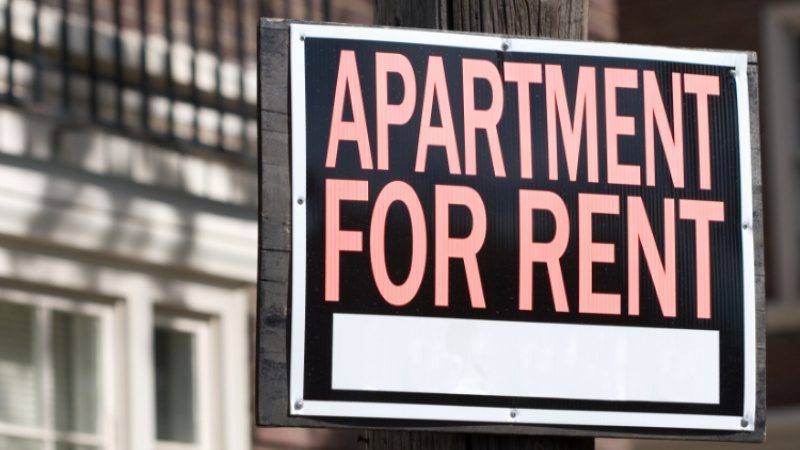Real estate is popular among investors for being one of the most stable investment options. Its stability makes it a fan favorite amongst retirees and low-risk investors because they can count on the steady income from rent. However, that is only applicable to landlords who can keep their tenants.
Are you a landlord struggling to reduce your renter turnover? Do you worry about how to keep your tenants happy with increased rent prices? Stick around. We’re discussing 6 great tenant retention tips to avoid vacancies.
6 Tips to Retain Tenants
1. Create a Reasonable Lease
Tenants hate feeling tricked into an unreasonable lease agreement. Sometimes landlords try to hide specific clauses within the lines to force renters to take up responsibilities they wouldn’t otherwise. Such behavior is unacceptable because it destroys your renter’s trust in you. If the contract isn’t outright illegal, your tenants will most likely jump ship at the first opportunity. Thus, it’s best to be transparent in your dealings.
2. Be Accessible
Another tip is to be accessible to your tenants. One of the most common complaints amongst renters is dealing with an unresponsive landlord. Some property owners avoid calls from their tenants because they don’t want to be disturbed or deal with repair requests. While you should promptly resolve maintenance issues, your tenants could try to reach you for several reasons. There might have been an accident or robbery at your property, or they could have misplaced their key. Whatever the reason, you should always try to make yourself available to your renters. It would help to select a medium that both parties can use proficiently.
3. Respond to Maintenance Requests Quickly
It’s normal for tenants to reach out to their landlord when something needs repair. If the property owner is responsible for fixing the issue, they should do so quickly. Few things annoy a renter than having to call their landlord for weeks to fix a broken pipe, leaking roof, or broken step. It would help if you made it a priority to resolve any issue that makes your property uninhabitable or threatens your tenants’ safety and convenience. Let your renters know when the problem will be fixed, and communicate if there’s any delay.
4. Be Proactive with Lease Renewal

Being proactive with your lease renewal is essential because it lets you plan. For example, some people lost their jobs during the COVID 19 pandemic, affecting their ability to pay rent. Thus, a tenant running low on their savings might be planning to move out, leaving one of your units empty. If you don’t ask ahead, you’ll likely be in the dark and have to endure months of vacancies. Hence, it would help if you considered reaching out at least three months before your lease expiration. That gives you ample time to find another renter if your current one plans to move.
5. Stay Professional
While it doesn’t hurt to establish a friendly relationship with your tenants, you should always stay professional. Of course, that’s easier to do with a compliant renter. However, this tip is just as crucial when they’re not. Losing your temper and getting into an altercation with a challenging tenant can be easy. But it would help if you always composed yourself. Steps you can take when dealing with a bad tenant include sending a written notice, arranging mitigation, and evicting them if necessary.
6. Upgrade Your Rental
You could still lose tenants to the competition despite having a solid lease and practical communication skills. Sometimes renters move out for the aesthetics. If your rental is old, consider making cosmetic changes to improve its appearance. Of course, you don’t have to break the bank to upgrade your rental. Some budget-friendly changes you can make include repainting your walls, replacing your cabinetry fixtures, and including some landscaping.
Importance of Landlord-Tenant Communication
It Reduces Tenant Turn-over
Effective landlord-tenant communication can help you reduce tenant turnover. If you’re tired of filling out the move-out checklist, then you should work on being more responsive. Answering calls, replying to emails, or responding on your tenant portal can create a positive experience.
It Prepares You for an Emergency
Being reachable at all times is not only beneficial to your tenants. There are only some emergencies you can attend to, so your renters must know how to reach you.
It Lowers Chances for Misunderstandings
Effective communication reduces the chances of misunderstandings between landlords and tenants. For instance, if a tenant reports some damage, they would be unhappy if you showed up to fix it unannounced. Sharing details about your property keeps everyone in the loop and makes them feel safe.
Cost of Vacancy for Landlords
Every landlord understands that when their properties are vacant, there’s a halt in their cash flow. After all, you still have to keep up with expenses like monthly mortgage payments, some utilities, and necessary repairs. However, not every investor fully grasps how much money they’re losing.
For example, if you own a single-family unit that goes for $18,000 per year, for each day the property is empty, you lose $50. After a month, you’d lose $1500, and two months of vacancies would set you back $3000. Thus, you must adopt practical tips to retain your current tenants.
Conclusion
With these 6 tenant retention tips to avoid vacancies, you’re better equipped to reduce tenant turn-overs in your properties. Creating a reasonable lease, being accessible, and making upgrades can make your renters eager to renew their lease. Also, it would help if you didn’t underestimate the importance of landlord-tenant communication in assisting you in keeping long-term tenants. If you need a hand, contact an experienced property manager.



